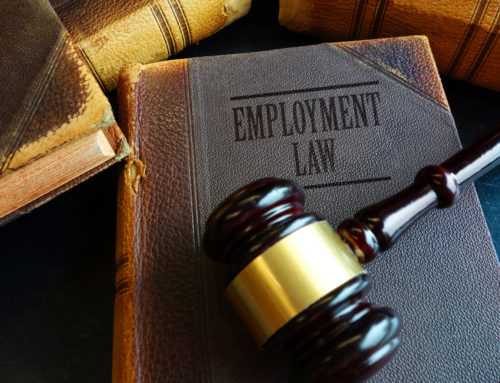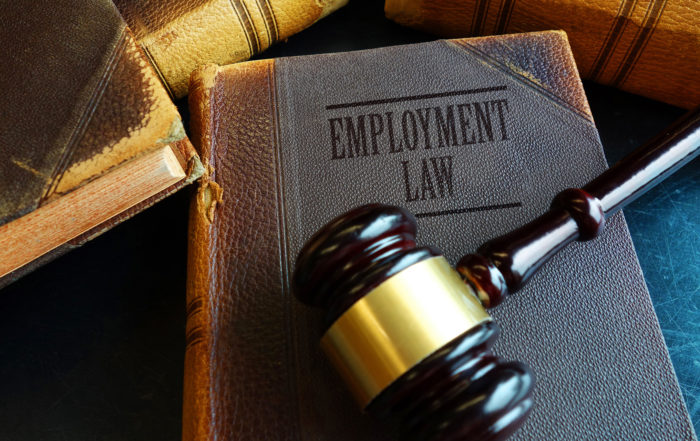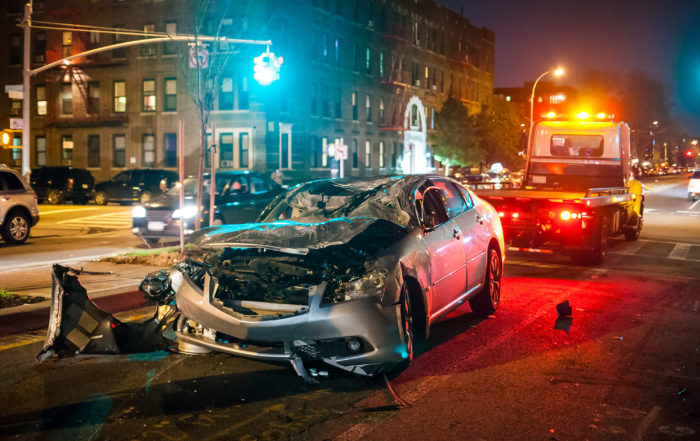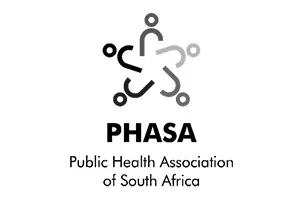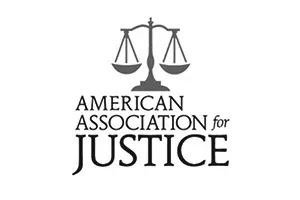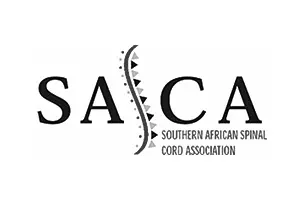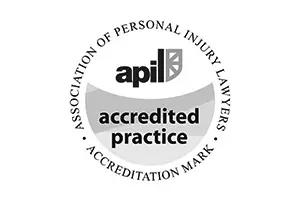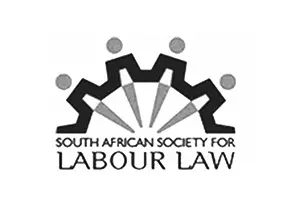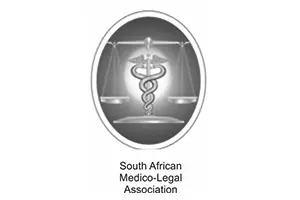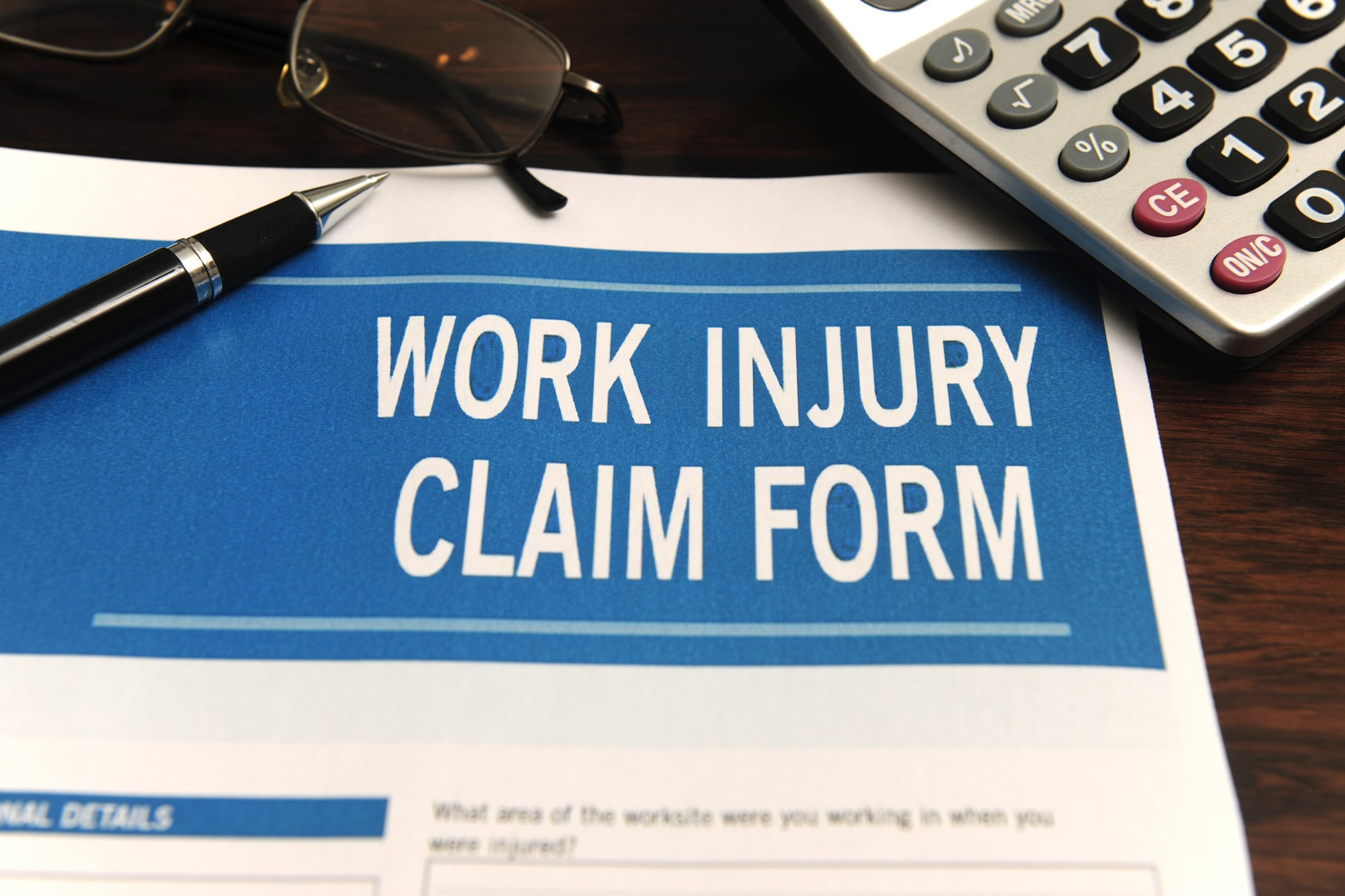
Claiming Workers’ Compensation for an Injury or Disease with Legal Assistance
The Compensation for Occupational Injuries and Diseases Act, Act 130 of 1993, (COIDA) is the governing Act that deals with occupational injuries and diseases. Some also refer to it as the Workmen’s Compensation Fund.
The Fund provides compensation for employees who get hurt at work, or sick from diseases contracted at work, or for death as a result of these injuries or diseases.
According to the Compensation Act, you can claim if:
You were injured or contracted a disease while working (permanent or casual), training or completing an apprenticeship.
You lost a family member who died on the job.
You are a domestic worker in a boarding house.
You are an apprentice or trainee farm worker.
You are a worker paid by a labour agency.
You cannot claim if you are:
A domestic worker employed at a private home.
A member of the South African National Defence Force (there is a separate fund).
A member of the South African Police Services (there is a separate fund).
An outsourced employee.
A worker who works outside South Africa for more than 12 months at a time.
Claims will only be paid if they are submitted in the correct way and on time.
Claims will not be paid if:
The claim is made more than 12 months after the accident or death, or after the disease is diagnosed.
You are off work for three days or less.
The accident resulted from your own wrongdoing (unless you’re seriously disabled or die in the accident, the fund will still pay compensation).
You unreasonably refuse to have medical treatment.
When and why would it be advisable to seek legal assistance with a claim?
The assistance of a lawyer would be required as the workman’s compensation department is a very bureaucratic institution which does not necessarily have the claimants interest at heart. They are inundated with claims and poor service delivery leads to lengthy delays in finalizing claims. An attorney with experience can assist clients to navigate this bureaucracy.
What can I claim for?
The claim is for loss of earnings calculated on a scale which is updated annually. There is no claim for non-pecuniary damages, in other words, general damages for pain and suffering are not paid. Those can be recovered from a negligent third party should such a claim exist. A lawyer will be able to advise you whether such a claim is possible if so, it would increase the amount of the claim and damages significantly.
What if my employer is not registered with workmen’s compensation?
If the employer is not registered for workman’s compensation, a complaint must be laid with an inspector of the department who will assess the claim and the employer. That assessment may include levying penalties and interest on the employer in order to ensure registration. A claim can still be made.
Who might not be entitled to a claim?
Not all workers are employees when it comes to workers’ compensation eligibility. In particular, independent contractors (like freelancers, consultants, or members of the “gig” economy) aren’t entitled to benefits. But many workers—including drivers for Uber and other virtual services—claim that they’ve been classified as independent contractors when they’re really employees. These disputes generally end up in court with an attorney. Volunteers usually aren’t entitled to workers’ compensation benefits either.
How do your fees work for workmen’s compensation claims?
We charge an hourly rate, as opposed to the no win, no fee structure as no lump sum is paid to the client.
Learn more about workmen’s compensation fund and third-party claims
Malcolm Lyons and Brivik specialise in medical law, personal injury law, labour and road accident fund claims and have been recognised as leading attorneys in South Africa since 1965.
Contact our offices below for further information
0861 MLB INC
Johannesburg Office
+27(0) 011 268 6697
Cape Town Office
+27(0) 21 425-5570
Share:[ssba]
The current position on objections to the con/arb process
Con/arb process - The Commission for Conciliation, Mediation[...]
Out of time? Think again – The CCMA and its rules
By Lara Keil (Candidate Legal Practitioner) under the[...]
RAF’s lodgement requirements: Claimants further prejudiced
By Lara Keil (Candidate Legal Practitioner) under[...]



